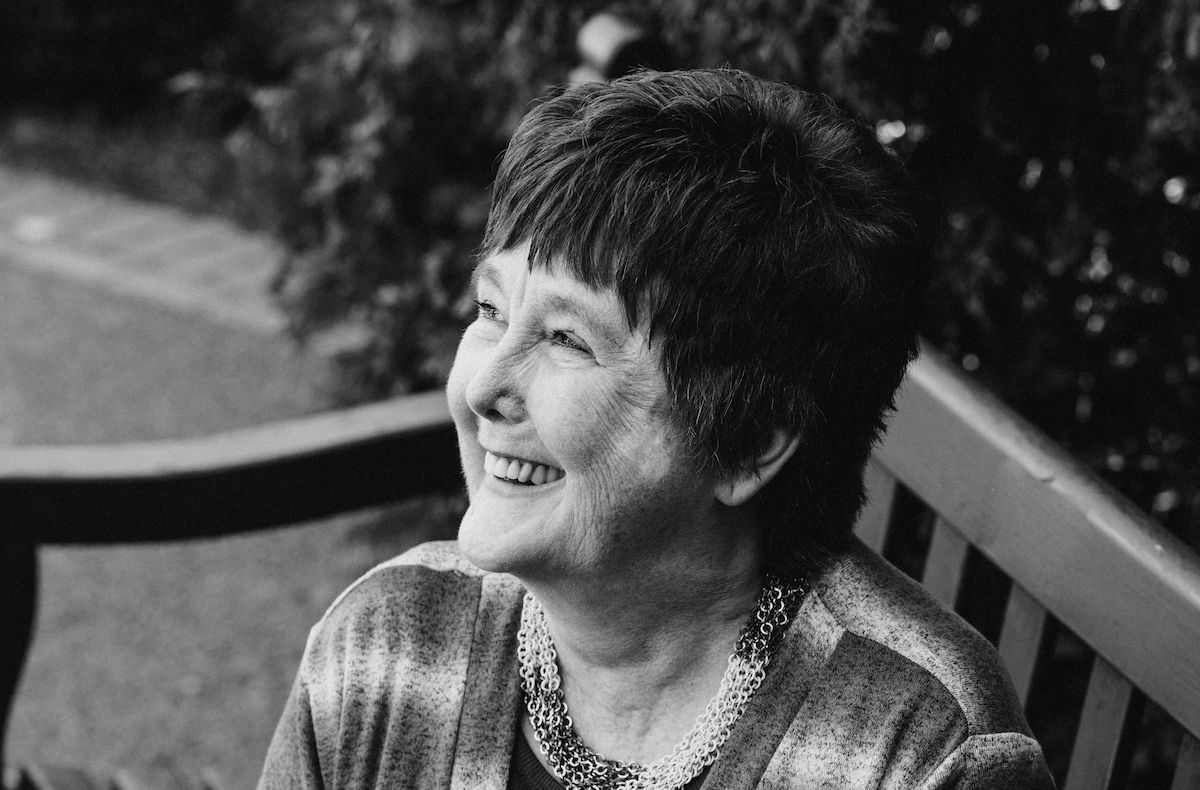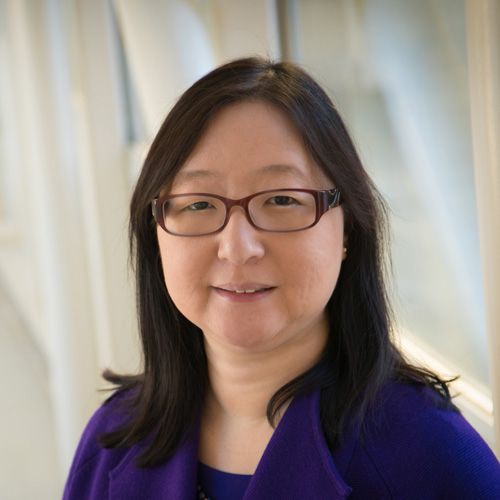Many patients with acute leukemia have symptoms or blood counts that require urgent evaluation and diagnosis. If you have this diagnosis, please call 1-800-ROSWELL (1-800-767-9355).
Acute myeloid leukemia (AML) is a kind of blood cancer that involves the rapid growth of abnormal myeloid blood cells, which causes extremely high or extremely low numbers of white blood cells. AML is the most common type of aggressive leukemia, occurs mostly in adults, and is estimated to account for more than 20,300 new leukemia cases in the U.S. in 2023.
Leukemia begins in your bone marrow (the soft center of your bones). Normally, stem cells there produce healthy red blood cells to carry oxygen throughout your body, white blood cells to fight infection, and platelets to clot the blood when necessary. Leukemia develops when the stem cells your bone marrow begin to produce abnormal white blood cells. The blood cancer can be either chronic, which gets worse slowly, over months to years; or acute, which develops quickly and progresses over days to weeks.
Leukemia is also categorized according to the type of white blood cell it affects, either lymphoid or myeloid cells. Most people diagnosed with acute myeloid leukemia are in their 60s and 70s; about half of the AML patient population is over 65 — although AML can occur at any age.
How is acute myeloid leukemia diagnosed?
AML typically develops suddenly, within days or weeks. Some people may have early warning symptoms of fatigue, fever and listlessness that are mistaken for a cold or the flu.
Your doctor will use one or more of the following ways to make an accurate diagnosis of the aggressive blood cancer:
- Medical history
- Physical examination (to look for bruising or signs of infection)
- Bone biopsy or bone aspiration
- Lumbar puncture or spinal tap
- Blood tests (CBC, differential)
How is AML treated?
Because it is so aggressive, acute myeloid leukemia requires aggressive – and prompt – treatment. The standard therapy is chemotherapy, which may be given in the hospital over 4 to 6 weeks of inpatient care. If this treatment isn’t possible for older people, shorter courses of therapy may be promising. In some cases, patients may also be referred for bone marrow transplantation following chemotherapy.
New therapeutic approaches, available through clinical trials at Roswell Park, offer AML patients regardless of age additional treatment options that include:
- Low-dose or oral chemotherapy regimens that allow you to stay at home and commute to Roswell Park only for transfusions.
- Genomic profiling to identify changes in genes (mutations) responsible for tumor initiation and growth. Some of these abnormal genes can be treated with medications called inhibitors (pills) that block mutated cells from multiplying and, in some cases, can lead to remission. These inhibitor medications can also be given at the same time as, or following standard chemotherapy to further improve remission rates.
- Immunotherapy. These medications are designed to work with your own immune system to fight leukemia cells. These can take the form of protein drugs (called antibodies) or infusions of immune cells. Bone marrow transplantation, offered to certain AML patients, is one form of immunotherapy.
Transplant & Cellular Therapy Center
Roswell Park’s Transplant & Cellular Therapy Center is one of the nation’s top centers for stem cell transplant and is an authorized treatment center for the advanced cellular therapy, chimeric antigen receptor (CAR) T-cell therapy.
Why Roswell Park for AML treatment?
Roswell Park Comprehensive Cancer Center has a dedicated team of experienced acute leukemia specialists, including pathologists and clinicians. We have access to the most advanced treatment therapies and technologies, decades of experience caring for AML patients of all ages, and design individualized treatment plans to ensure therapy is both tolerable and successful. Our goal is to preserve the highest quality of life for all our patients.
Eunice S. Wang, MD, Professor of Oncology and Chief of the Roswell Park Leukemia Service, is an international expert in the clinical care of adult patients with acute myeloid leukemia. She is also recognized for the care of patients with other acute leukemias, myeloid malignancies, myelodysplastic syndrome (MDS), myelofibrosis (MF), myeloproliferative neoplasms (MPN) including polycythemia vera, essential thrombocytosis, and chronic myeloid leukemia, as well as other bone marrow failure states.

